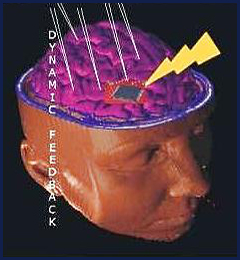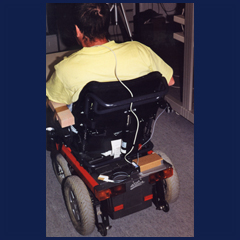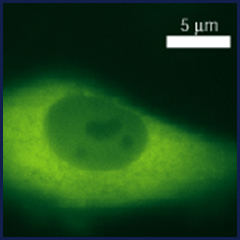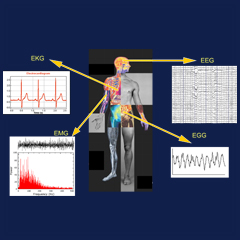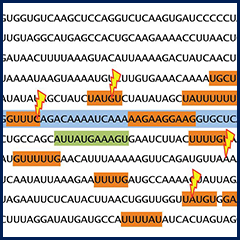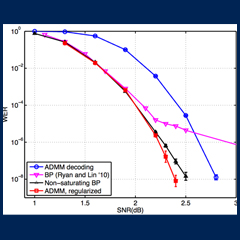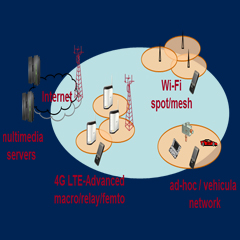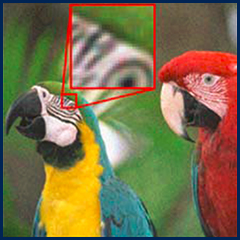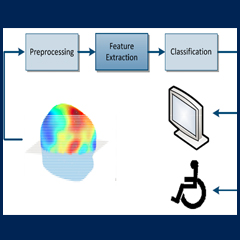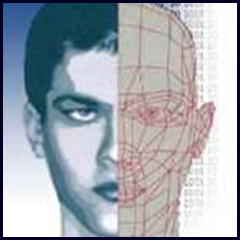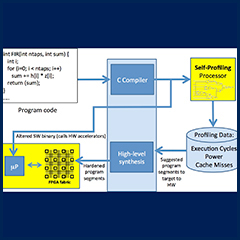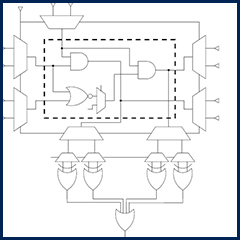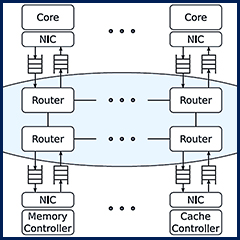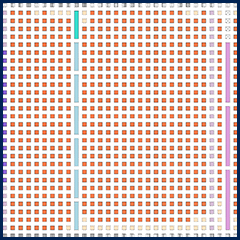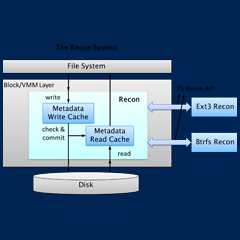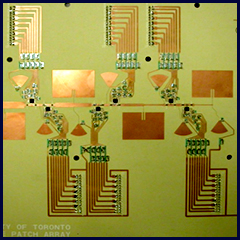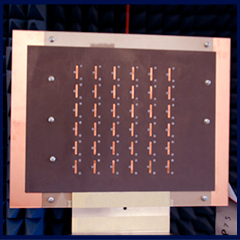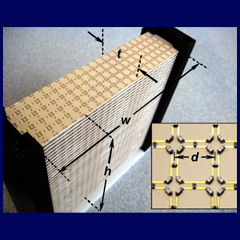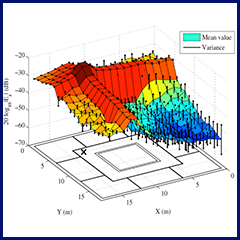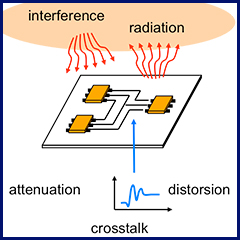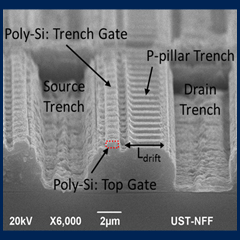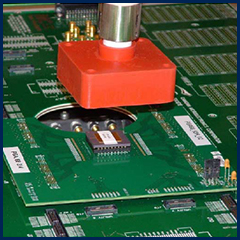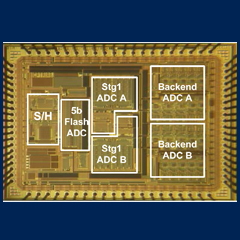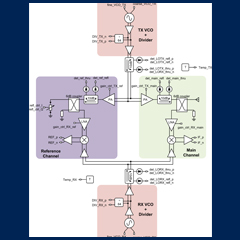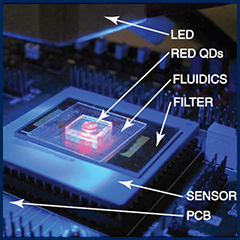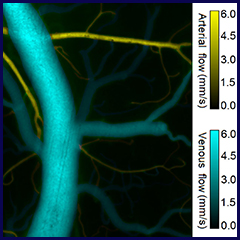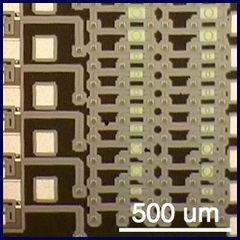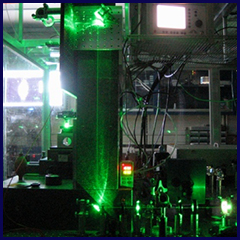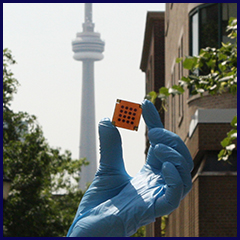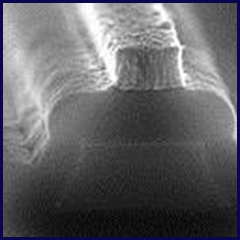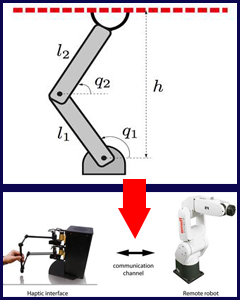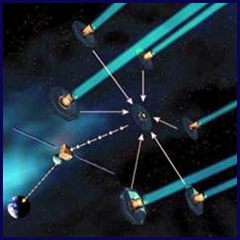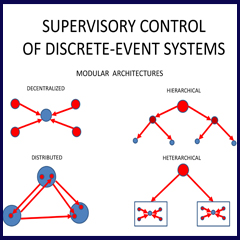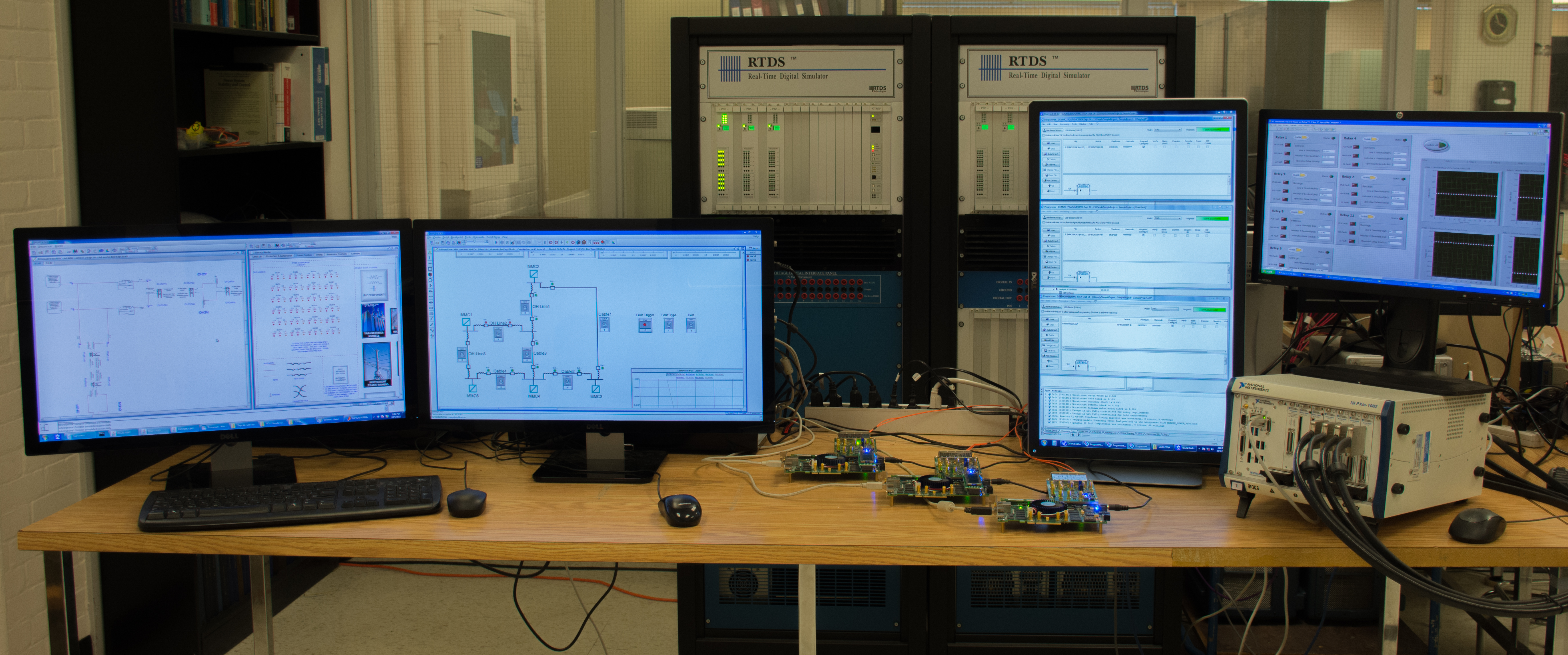The NSERC Strategic Network for Smart Applications on Virtual Infrastructure (SAVI) is a partnership of Canadian industry, academia, research and education networks, and high-performance computing centres to investigate key elements of future application platforms. The main research goal of the SAVI Network is to address the design of a future applications platform built on a flexible, versatile and evolvable infrastructure that can readily deploy, maintain and retire the large-scale, possibly short-lived, distributed applications that will be typical in the future applications marketplace.
SAVI will design a national distributed application platform testbed for creating and delivering Future Internet applications. The SAVI testbed will provide flexible, virtualized converged infrastructure to support experimental research in application-oriented networking, cloud computing, integrated wireless/optical access networks, and Future Internet architectures. The testbed will also support experimentation in applications built on advanced services that provide intelligence through analytics and advanced media processing.
The SAVI Network will help advance Canada’s digital economy strategy by strengthening the industrial base in information and communications technology (ICT) through the active participation of its partners in the research program as well as the preparation of highly qualified manpower with expertise in the design and operation of globally competitive ICT infrastructure and the creation of innovative and disruptive products, services, and applications.
Research
There are currently massive efforts are underway in Europe, Japan, Korea, Australia and the United States to replace the current Internet structures using a “Clean Slate” approach. The motive for these initiatives is simple and it is to compete in the ICT sector by 2020, beginning with major changes in 2015. So what is going to change? Today’s Internet has many constraints and challenges that have to be addressed in this clean slate approach. The following are cited as the big drivers for major change:
- Massive capacity growth. Capacity is expected to increase 1000x between now and 2020.
- Heterogenous Internet-connected devices. Huge changes in heterogeneity with some devices discharging a few bits per day (sensors) to terabits per second (8G Cinema).
- Internet security. This is a major issue with solutions ranging from a fortress-like core structure to a fully distributed authentication service.
- Internet storage. We now store on the Internet as much as we take from it. The networks that provide access to the Internet have not been designed for balanced uplink and downlink traffic.
- Mobile vs. fixed devices. Mobility and mobile devices will vastly outnumber fixed Internet devices. This imbalance has already occurred and by 2020, the most conservative estimates show a growth from 5B devices today to 100B + devices by 2020.
- Device payloads. Current 3/4G mobile phones, fixed at a rate less than 50Mbps, really strain the cell design. Techniques like MIMO are used to help make cells more efficient. In five years we will see devices with 200Mbps+ downlink and uplink capacity. Current cell structure and backhaul arrangements will not cope.
- Improved power efficiency. The emergence of power efficiency at the physical and logical levels will gain much more importance over this time period. Nano-datacenters is one Euro Zone project that addresses this power and “green” concern.
- Improved energy efficiency. Cloud computing with very high energy efficiency is a driving force to reduce IT costs for many enterprises. Securing availability and the so-called “Edge of the Cloud” are critical enablers.
- Increased optical capacity. From today’s 100GE we can foresee 500GE by 2015 as a deterministic traffic flow. Again, much more emphasis will be placed on energy efficiency and today’s adherence to packets will change and routing will take on a different role. Deterministic traffic will be treated as such and the only routed traffic will be non-deterministic in nature and have routing schemes that replace today’s IP and packet-based architectures.
There are many more drivers, but those above provide a good background on research that Canadian institutions need to embrace if we are to take part in the Future Internet as a leader in some key fields.
The SAVI research program will limit its scope to aspects that are central to future application platforms and that address key challenges to network and service providers. In particular, SAVI will target the following key areas in the Future Internet:
- Wireless access in the 2015-2020 timeframe
- Novel methods of optical backhaul including radio-based methods in the optical domain
- Extension of cloud computing to include infrastructure in a service provider smart edge
- Control and management systems to enable experimentation with application platforms and Future Internet alternatives that can position Canada as a new leader in this emerging sector
- Clean and low-energy infrastructure
- Application enablement leveraging very-high bandwidth access and services in a smart edge.
People
Theme 1: Smart Applications
- Baochun Li (lead), The Edward S. Rogers Sr. Department of Electrical & Computer Engineering
- Hausi Müller, University of Victoria
- Eleni Stroulia, University of Alberta
- Roch Glitho, Concordia
Theme 2: Extended Cloud Computing
Theme 3: Smart Converged Edge
Theme 4: Integrated Wireless/Optical Access
- Leslie Rusch (lead), Laval University
- Tho LeNgoc, McGill University
Theme 5: SAVI Application Platform Testbed
- Alberto Leon-Garcia (lead), The Edward S. Rogers Sr. Department of Electrical & Computer Engineering
- Raouf Boutaba, University of Waterloo
- Paul Chow, The Edward S. Rogers Sr. Department of Electrical & Computer Engineering
- Yashar Ganjali, University of Toronto
- Baochun Li, The Edward S. Rogers Sr. Department of Electrical & Computer Engineering
- Marin Litoiu, York University
- Leslie Rusch, Laval University
- Sudhaker Ganti, University of Victoria
- Hadi Bannazadeh, SAVI Architect, The Edward S. Rogers Sr. Department of Electrical & Computer Engineering
